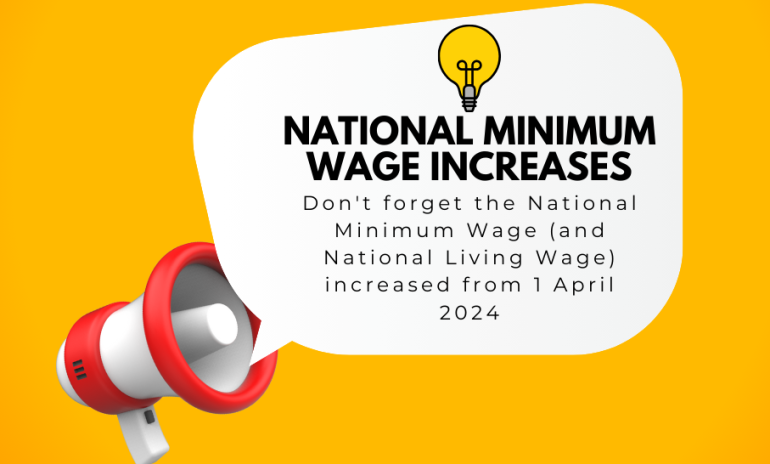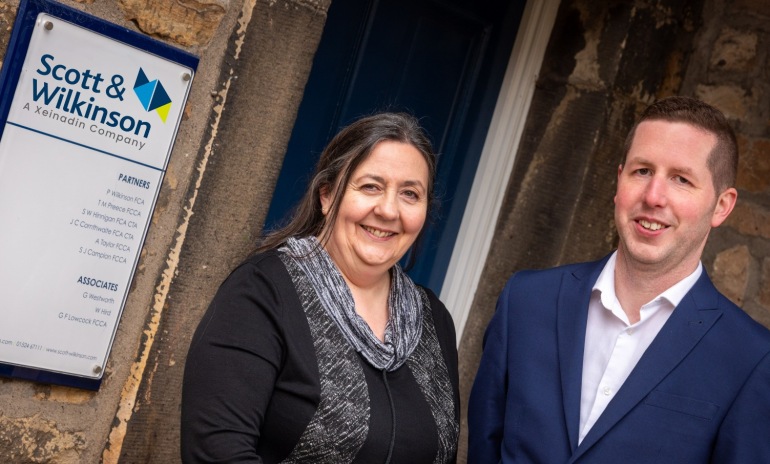Changes to capital allowances imminent
Date: 25/02/14

Business owners are advised of changes to capital allowances which come into force in April.
The changes mainly affect purchasers of second hand commercial buildings and their entitlement to claim tax relief in the form of capital allowances on qualifying fixtures and fittings.
Capital allowances are valuable tax reliefs available in respect of expenditure on plant and machinery including 'fixtures' forming part of a building, such as lifts, air conditioning, heating and sanitary ware.
From April, capital allowances will only be available on the purchase of second hand fixtures if a previous owner had “pooled” the relevant expenditure for capital allowances purposes in a chargeable period when they owned the property.
‘Pooling’ means properly identifying the fixtures and recognising them in the seller's expenditure pool qualifying for capital allowances; although the seller does not have to actually claim allowances.
The pooling requirement will only apply to a seller who was entitled to claim capital allowances and not to a non taxpayer such as a charity or pension fund or to a seller holding property as a trading asset.
While the majority of changes to capital allowances came into effect in April 2012, the final significant changes regarding pooling will apply to property (other than new buildings) acquired by corporate tax payers on or after 1 April, and individuals on or after 6 April. Where a building containing qualifying plant and machinery is purchased, and capital allowances are available to the purchaser, the amount of allowances will depend upon the price paid by the purchaser and the value agreed between the seller and the purchaser for the fixtures. The new pooling requirement is in addition to the requirement that has applied for property acquired since April 2012, that the seller and purchaser must make an election within two years from the date of completion setting out the amount of the sale price to be attributed to the fixtures, or, if they cannot agree, apply to the Tax Tribunal for that value to be determined.
The significance of this latest development is that if the previous owner has failed to make a claim for capital allowances, which is not an uncommon occurrence, the entitlement may be lost for all future purchasers of the building.
Planning steps can often be implemented in order to protect the capital allowances entitlements, whether or not the seller was entitled to claim allowances, but purchasers will need to find out about the seller’s capital allowance position as early as possible, and planning must be implemented before the purchase is done.
If the seller has not claimed allowances but was entitled to, to preserve its entitlement to claim the allowances subsequently the purchaser will need to ensure that the seller agrees in the sale documentation to pool its expenditure.
For each party to maximise its position, including non taxpayers, it is generally advisable to consider seeking professional advice as soon as a second hand property transaction is identified.
For further information, please contact Stuart Hinnigan.

Author: Stuart Hinnigan FCA CTA
Stuart’s career in accountancy began when he joined Preston based Moore and Smalley in 1994 following his graduation from Lancaster University. He qualified as a Chartered Accountant in 1997 and then chose to specialise in...
0 Comment
Add your Comment
We have the ability to edit and/or delete posts and comments. Links should be relevant to the topics. Please note all comments are subject to review before inclusion.














Nobody has commented yet. Why not add one?